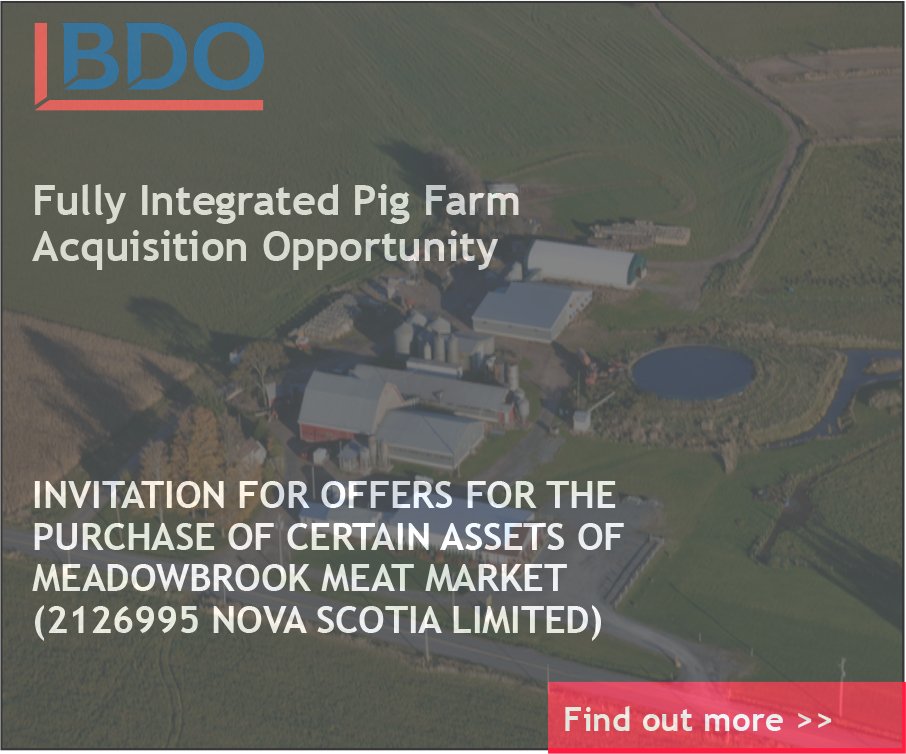Atlantic Beef School gearing up to launch in early November
/by Amy Higgins
Fall is in the air, and with a new season comes a laundry list of things to do and events to attend before the snow flies. Weaning calves, fall feeder sales, and purebred production sales are all in full swing.
The Maritime Beef Council is gearing up to launch the first two modules of the newly developed Atlantic Beef School on Friday, Nov. 1 and Saturday, Nov. 2 in Nappan, N.S. The Atlantic Beef School will host eight modules geared toward cow-calf producers, and plans to continue to run the annual feedlot school classes. Each module is designed with six hours of learning and includes practical applications.
The Atlantic Feedlot School has been successful. It’s had 75 participants attend the three sessions offered so far. The feedback from that school indicated a desire for something similar but focused on cow-calf production. That’s exactly what the Atlantic Beef School’s eight modules will do.
One of the pillars of the Maritime Beef Sector Development and Expansion Strategy is building opportunities for producers to increase their productivity and profitability through education and adoption of best practices. Canada’s National Beef Strategy outlines in its productivity section a few key items such as reducing open rates and calf death losses, increasing feed efficiency, and improving forage yields. These are all things that directly affect the bottom line. The Atlantic Beef School will offer learning from not only the presenters, but from fellow producers about best practices and what’s working in our region.
Friday’s module will focus on pasture management and is being developed by experts at Nova Scotia’s Perennia Food and Agriculture Inc. The various topics for this module will include plant growth, pasture species and mixtures, soils and soil fertility, grazing systems, fencing establishment and renovation, and economics. These are all topics that are top of mind among beef producers and ruminant producers in general in Atlantic Canada.
Saturday’s module will cover feeding and nutrition management. This module is a collaborative effort in development by four livestock nutrition experts. The various topics will be ruminant nutrition 101, feed ingredient options and quality considerations, managing stocks to reduce spoilage, feed testing, preconditioning and backgrounding, and seasonal best management practices.
We invite you to register for one or both of the modules on offer.
The third and fourth modules will be offered at the end of January and the beginning of February. The third module will focus on herd procurement and replenishment, while the fourth module will cover breeding strategies and calving season management.
For more information on the Atlantic Beef School, visit www.maritimebeef.ca or contact me by email at maritimebeefcouncil@gmail.com or by phoning 1-506-349-5395.
(Amy Higgins is the Maritime Beef Council’s industry coordinator. She raises purebred Angus cattle on the family farm in Quispamsis, N.B., and also operates a veggie box program. She’s president of both the New Brunswick and Maritime Angus associations, and is the only Atlantic Canadian among 16 finalists in the Cattlemen’s Young Leaders program for the 2018-19 term.)









